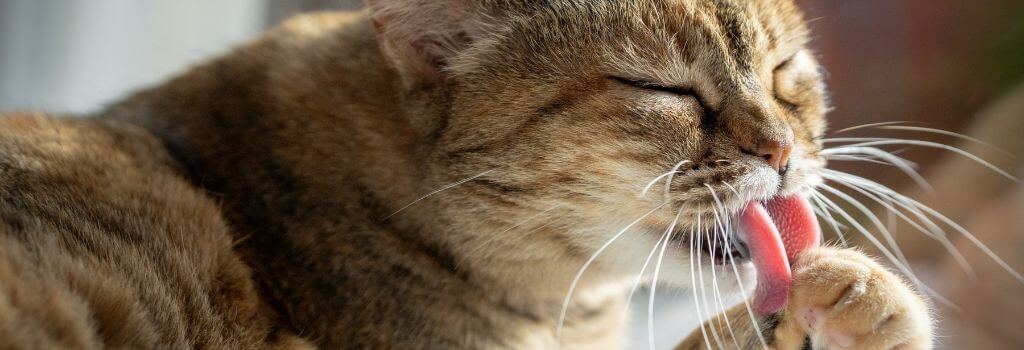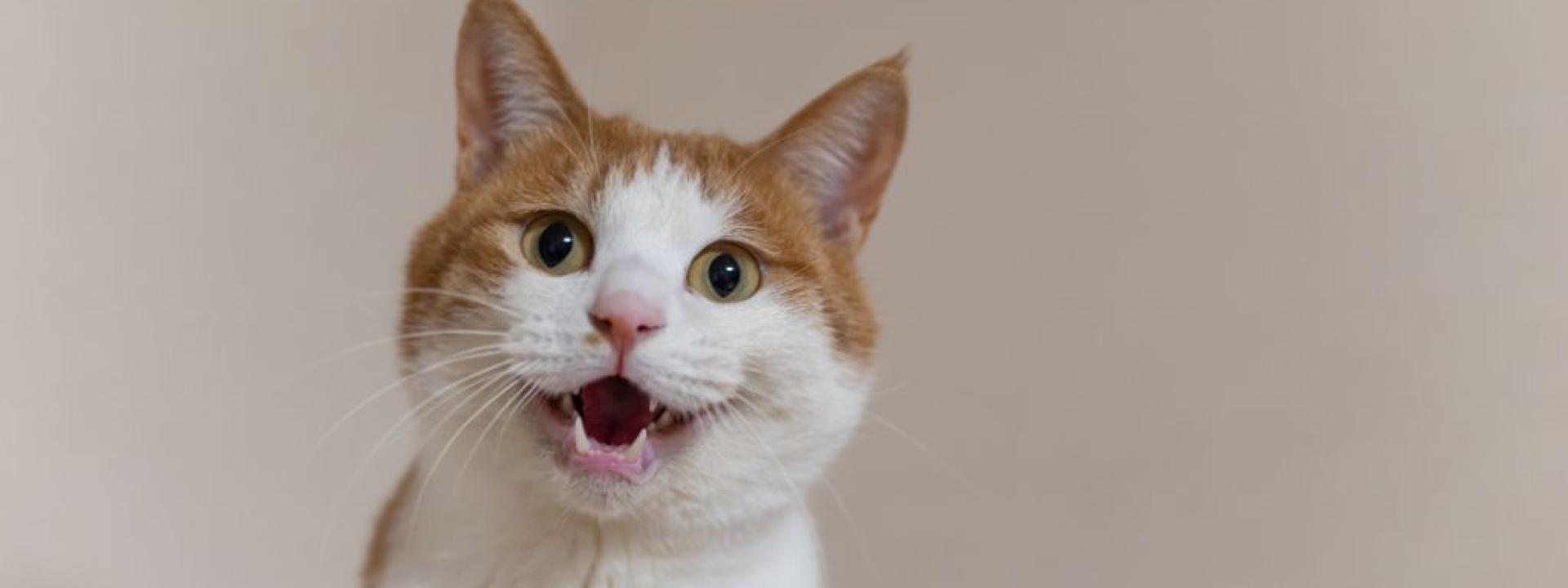Let’s talk about kidney disease in cats—a condition that, unlike your cat's daily attempts to rule your household, doesn't get nearly enough attention. While your feline companion may think their kidneys are like a backup power generator (set it and forget it), kidneys are actually a big deal. When they start acting up, things can go from a purrfect day to a “please stop drinking my coffee” scenario. But don't worry, we’ve got the rundown on kidney disease—without the jargon, because let’s face it, your cat doesn’t care about that.
What in the Litterbox Are Kidneys Anyway?
Think of your cat’s kidneys as their personal filtration system, but instead of sifting through sand, they’re handling toxins, balancing fluids, and making sure everything stays in balance. They’re like a ninja waste disposal team, working quietly behind the scenes. But when they start failing, it’s like that one friend who insists they can fix everything but can barely handle making toast.
Signs Your Cat’s Kidneys Are Asking for a Break
You’re probably asking, “How do I know if my cat’s kidneys are throwing a tantrum?” Well, kidney disease in cats is often a slow burn, and in the early stages, your cat may not even show obvious signs. But as the disease progresses, your cat might drop hints like:
- Thirsty Much?: Cats with kidney disease act like they’re on a mission to drink every drop of water in the house. Your cat may start to drink obsessively, and suddenly, their litter box is always suspiciously full. If your cat’s been channeling their inner camel, it’s time to take notice.
- The Hunger Games: If your cat has suddenly decided that dinner is an optional event, or they’re nibbling less than usual, it could be kidney disease at play. And while they're losing their appetite, they might also be losing weight (but not in the way they think is “aesthetic”).
- Vomiting: The Unwanted Gift: We all know that cats love to vomit. It’s practically a hobby. But if vomiting becomes more frequent or suddenly seems like the cat’s favorite activity, kidney disease could be the culprit.
- Let’s Skip the Party (and Naps Are Life): Kidney disease can make your cat feel like they’re living on an endless Sunday afternoon. If your previously active cat is now lounging like a professional napper, it might be a sign of a bigger issue.
- "Breath of Ammonia" (Not a New Perfume): If your cat’s breath has started to smell like a science experiment gone wrong (think ammonia or urine), their kidneys might be struggling to remove waste from their body. It’s not the new fragrance trend we’d recommend, though.
- Coat Gone Rogue: Cats are known for their immaculate grooming habits, but kidney disease can make your feline friend’s coat look a little… neglected. A dull, unkempt coat is a common sign that something's up.

Diagnosing Kidney Disease (AKA, Time to Play Detective)
If you suspect your cat is dealing with kidney disease, your vet will become the Sherlock Holmes of the situation. Here’s what they’ll do to crack the case:
- Blood Tests: These are like the ultimate truth serum for your cat’s organs. Your vet will check your cat’s levels of creatinine and blood urea nitrogen (BUN). Elevated levels of these substances signal that the kidneys aren’t pulling their weight. Think of it as checking your cat's "toxin credit score."
- Urinalysis: This test helps determine whether your cat’s kidneys are doing their job filtering waste. In kidney disease, the urine will be dilute, almost like your cat’s kidneys forgot how to concentrate it properly. It's like making soup with too much water—there's just no substance!
- Imaging (X-rays/Ultrasound): If needed, your vet might grab some fancy pictures of your cat’s kidneys to check for any physical changes. Kidney disease might make them smaller or oddly shaped—like your cat, who insists on squishing into boxes that are clearly too small.
- Blood Pressure Check: Cats with kidney disease are often at risk for high blood pressure (and let’s be honest, who wouldn’t get a little stressed if they were constantly cleaning up after themselves?). If their blood pressure is high, it could make the kidney situation worse.
Treatment Options: A Luxurious Lifestyle for Your Cat
Now that we know what’s going on inside, let’s talk about how to manage kidney disease. While we can't magically restore your cat’s kidneys to their youth (we’re not wizards, sadly), there are a few ways to help them live their best life:
- Fancy Diets: Cats with kidney disease need a special diet—one that’s lower in protein and phosphorus. Think of it as the "green juice cleanse" for kidneys. Your vet will recommend high-quality kidney-friendly food to help slow the progression of the disease. Bonus points if your cat actually eats it (they can be picky).
- Fluids, Please: Cats with kidney disease can get dehydrated because their kidneys are losing their ability to concentrate urine. If your cat’s hydration game is weak, your vet might suggest subcutaneous fluids—a fancy way of saying fluids injected under the skin. It’s like a spa day, but less relaxing and more “We’ll do this at home, thanks.”
- Medications: Your cat might need some medications to help manage kidney disease. This could include phosphate binders, blood pressure medications, or anti-nausea meds to help keep your cat comfortable. Just make sure your cat doesn't start hoarding their meds like a treasure chest.
- Regular Checkups: Kidney disease is progressive, so your cat will need regular vet visits to monitor their condition. It’s like being on a long road trip—check-ins are necessary to make sure you don’t get lost along the way.

Your Cat’s Still the Boss
While kidney disease isn’t something to take lightly, it doesn’t mean your cat can’t still live their best life. With the right treatment and regular check-ups, many cats with kidney disease can live for years, still trying to outwit you with their feline charm (and the occasional water bowl sabotage). So, keep an eye out for signs, take your cat to the vet for regular visits, and don’t forget the extra hydration!
If you have questions and you'd like to reach out to us, you can call us directly at (704) 486-2571, or you can email us at info@charlottepetdoctor.com. Don't forget to follow us on social media Facebook, Instagram.

